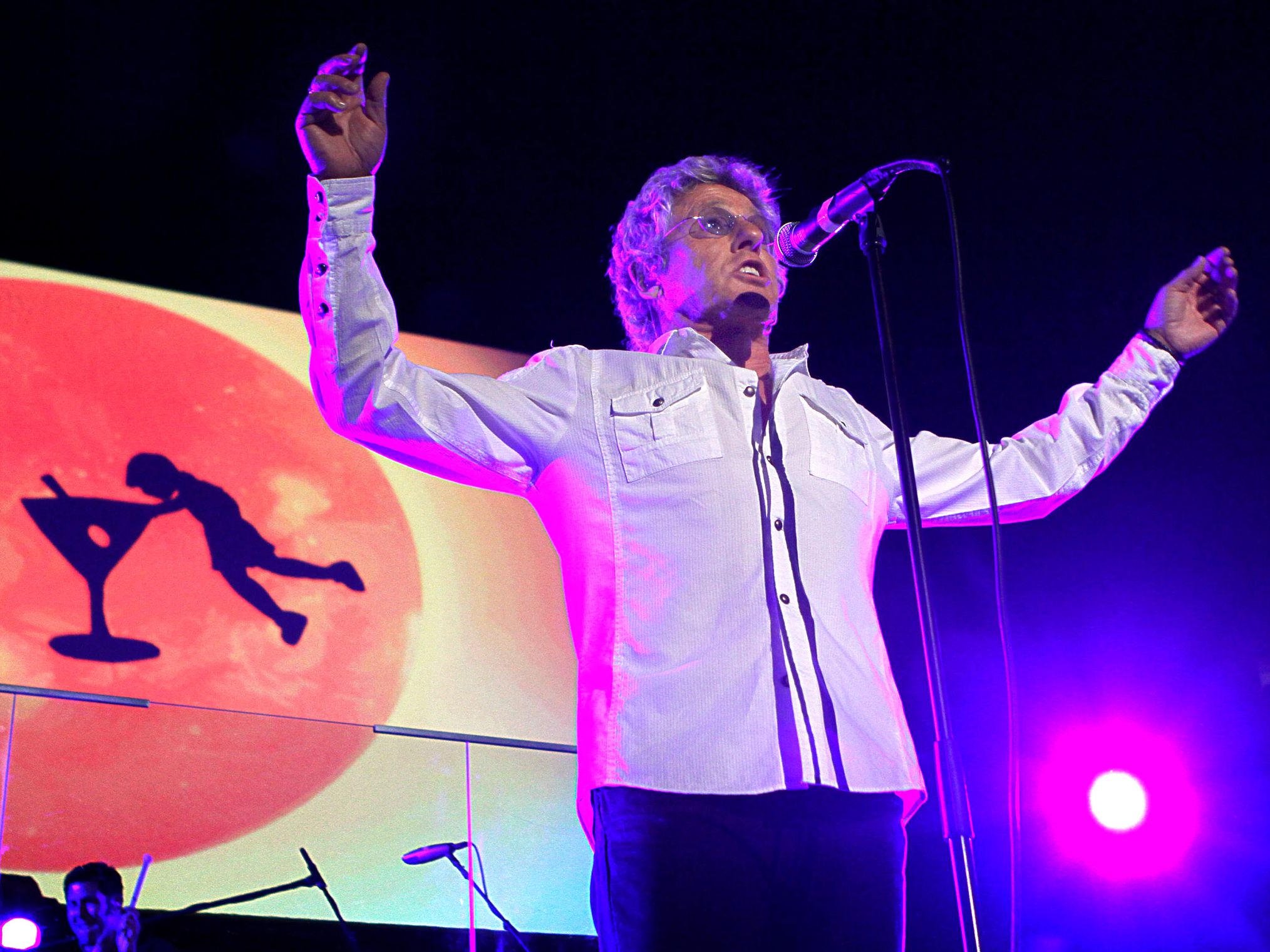AARP Hearing Center


Sixty years after forming the Who, rocker Roger Daltrey is back on tour. And he says fans can expect a stark departure from his previous shows.
The Who, with bassist John Entwistle, guitarist Pete Townshend and drummer Keith Moon, conquered the charts with such hits as “Won’t Get Fooled Again,” “My Generation,” “I Can See for Miles,” “Substitute” and “You Better You Bet” and fattened its artistic legacy with ambitious works including rock operas Tommy and Quadrophenia.
The British rock band also raised the live performance bar with Moon’s savage bashing and Townshend’s guitar windmills. Daltrey rose as one of the most iconic showmen in the rock era, a golden-maned, bare-chested howler in a fringed suede coat twirling a microphone.
Breakups, reunions, infighting, substance abuse and reckless behavior also crop up frequently on the group’s résumé. Keith Moon died at 32 of a sedative overdose in 1988. Entwistle died at 57 of a heart attack in 2002.
Daltrey, 80, and Townshend, 79, have continued to carry the battle-frayed banner, but are they in the final stretch? Who knows — not even Daltrey. He spoke to AARP from his farm in Sussex, England, where he lives with his wife, Heather, and shares details of his new tour, his relationship with Townshend and the secrets to his long marriage.
This interview has been edited for length and clarity.
This tour’s intimate approach is a radical departure from the last two big Who tours.
I’ve got some different instrumentation. I’ve got a squeeze-box, piano, no synthesizers. Violin, mandola. It allows me to open up some of the old Who classics in ways that present them as different songs. It’s really refreshing to have the freedom to not be tied to tape loops and to be able to generate sounds and moods that get washed out in really loud rock ’n’ roll. Of course, Townshend’s lyrics are so good, they work in any formula.
You’re not just singing Pete’s songs.
I do loads of songs. I have a long solo recording career. I do those and songs I recorded with other people. I did an album, Going Back Home (2014) with Wilko Johnson. It’s very breezy, down-home, different from anything Pete would have written. It’s absolutely liberating. The whole idea is, it’s a miserable world out there at the moment. Let’s have a good night out. If anything can dig us out of the hole the world’s in, music will do it. I get a chance to get closer to the audience. They can leave questions at the box office, and I go through them before the show and answer the interesting ones onstage.
What are fans most curious to know about you?
The color of my underpants. I really don’t know. They never cease to amaze me, especially the really loyal fans, who seem to turn up at every show. Actually, they’re all mad. I think it’s a psychosis. I do appreciate their support, but I do find it peculiar.


In 2011, you staged the Who’s Tommy on a solo tour. Was it challenging to tackle that on your own?
That’s what I liked about it. I like things that challenge me. I don’t like to just go through the motions of what we always did. [When] I did the orchestra shows with Tommy, that’s the first time it was ever played in its entirety. Even in its day, we never ever played “Welcome.” I ended up with an opinion that Tommy is probably the best opera ever written.







































































You Might Also Like
We Went Backstage at the Rolling Stones Concert. Here’s What We Saw
A massive behind-the-scenes effort was underway before Mick, Keith and Ronnie rocked Sin City
James Taylor: ‘I Love AARP. I Love My Community of Older People.’
Singer extols the value of life experience and talks summer tour, performing with Taylor Swift, retirement plans
Test Your ’60s Music Knowledge
Take our groovy classic tunes trivia quiz
More Members Only Access
Enjoy special content just for AARP members, including full-length films and books, AARP Smart Guides, celebrity Q&As, quizzes, tutorials and classes
Recommended for You